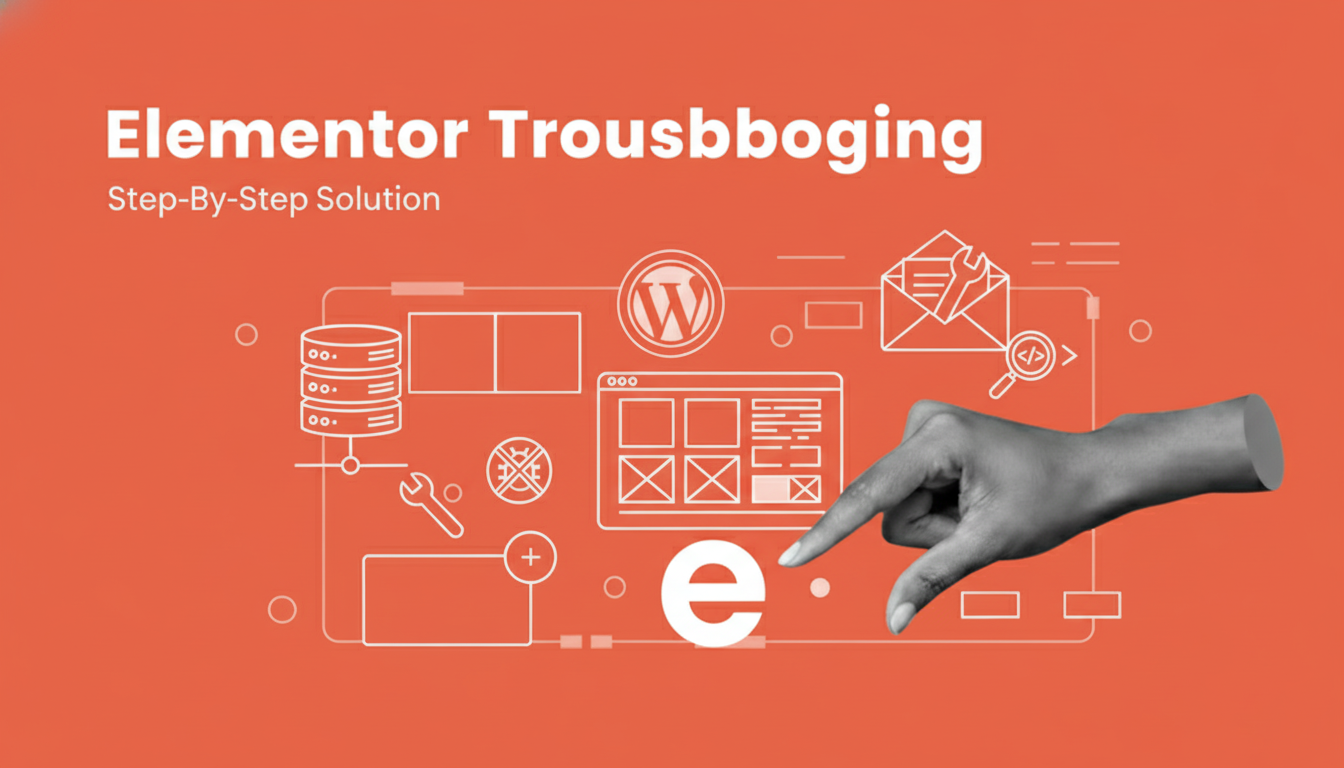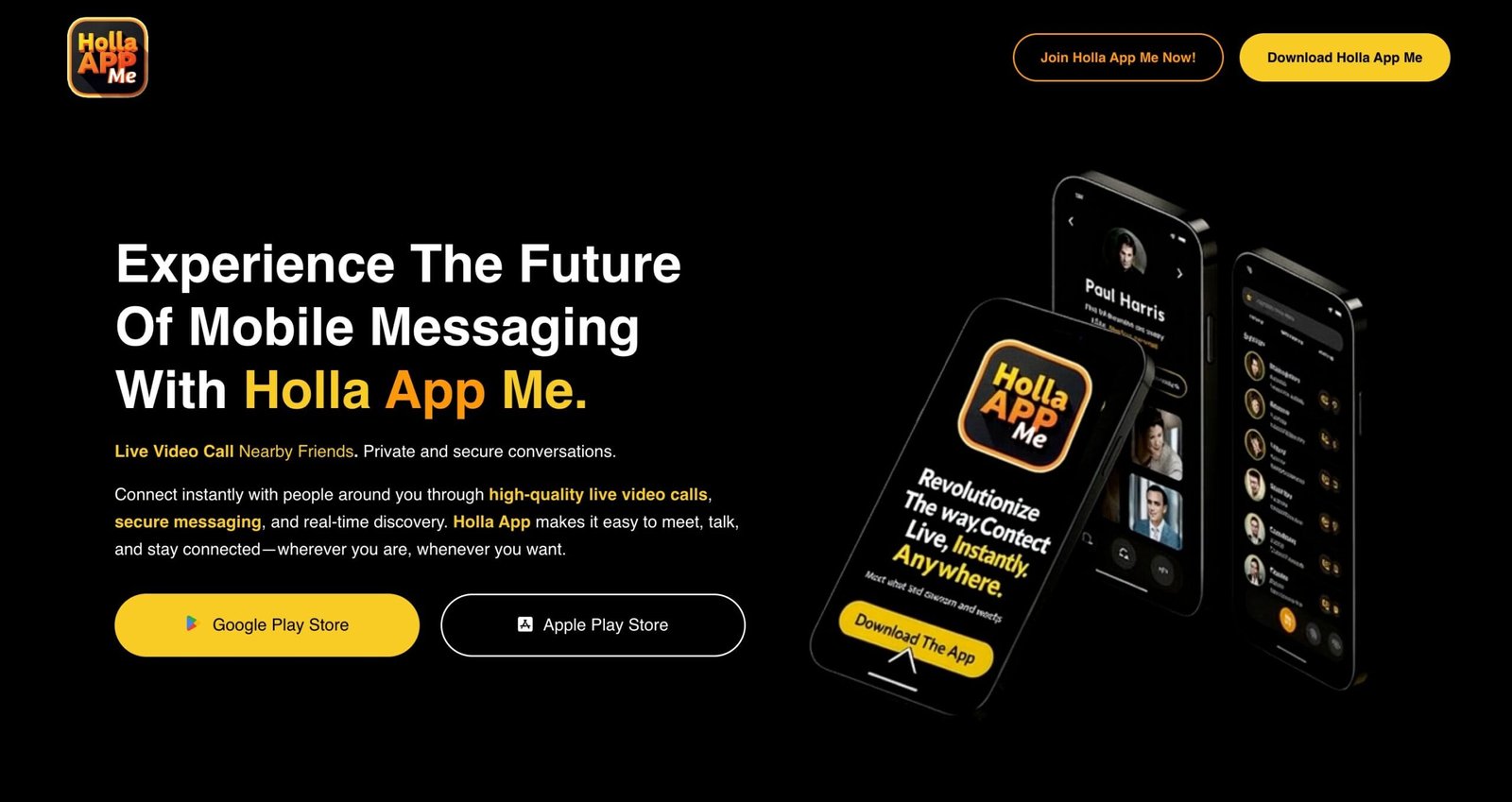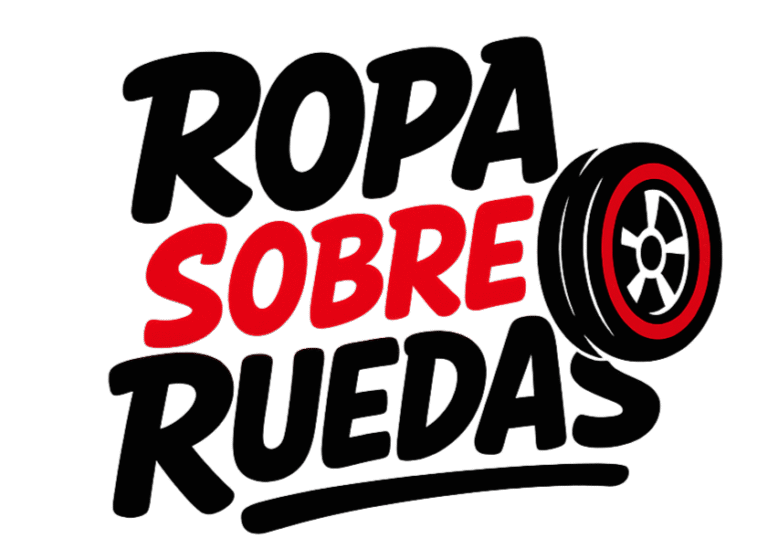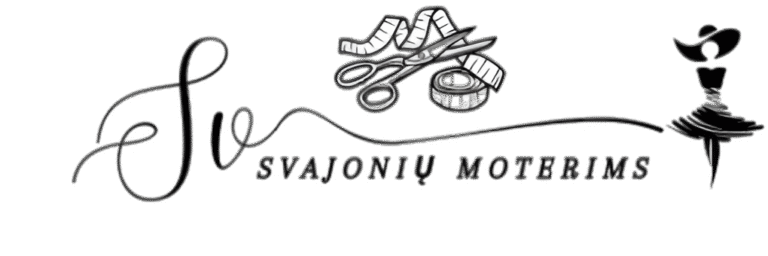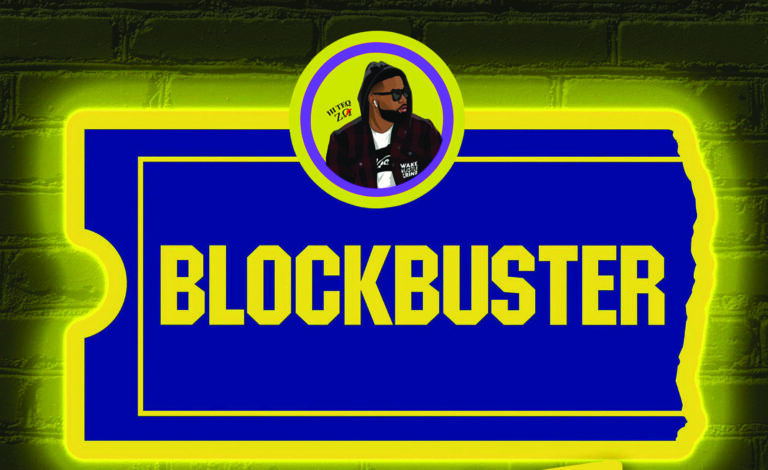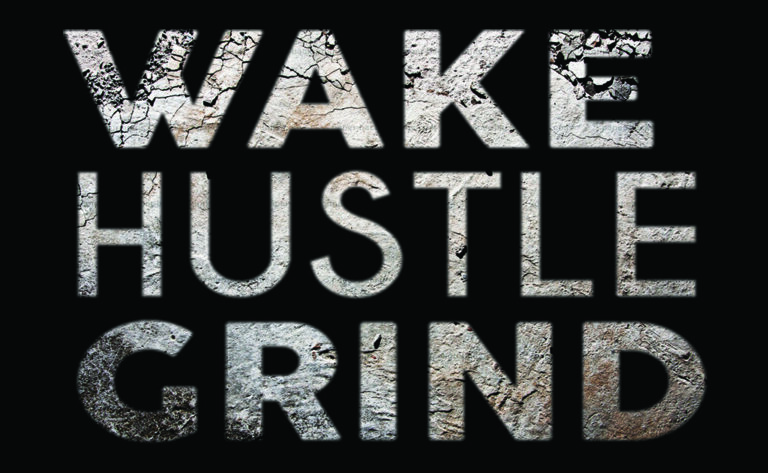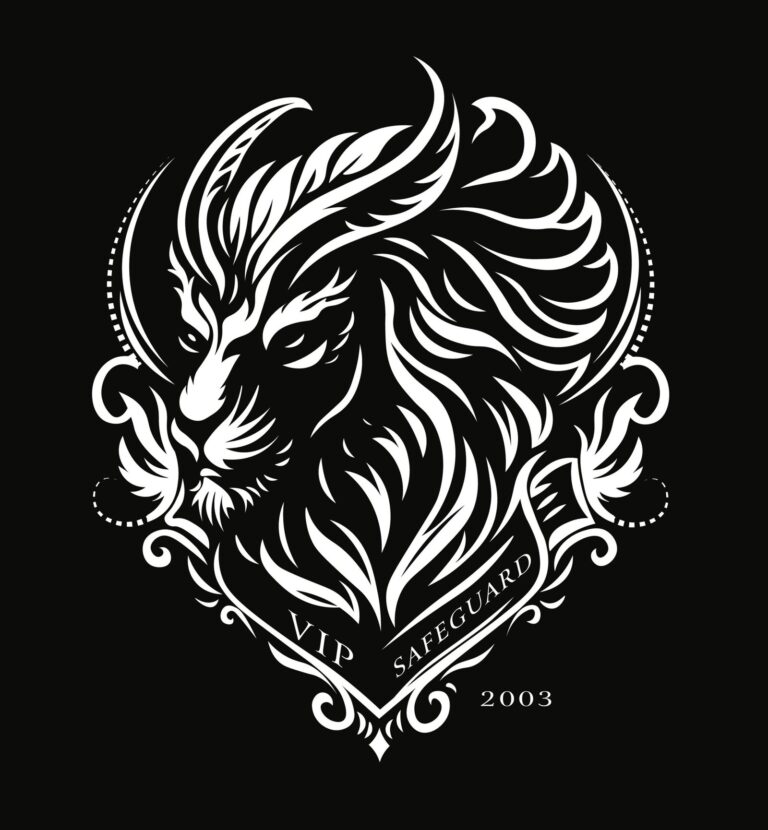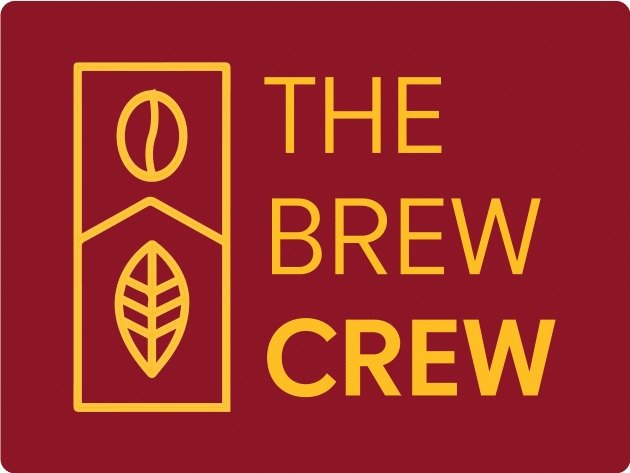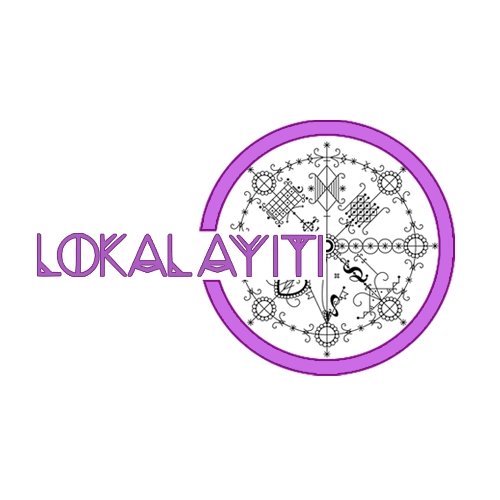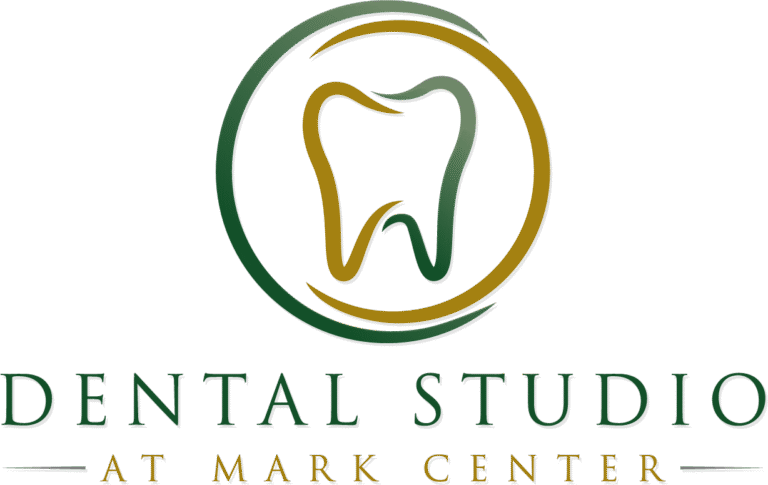“`html
Elementor Button Not Working? Fix It Fast
Is your Elementor button playing hide-and-seek with its functionality? You’re not alone! Many Elementor users occasionally encounter buttons that simply refuse to do what they’re told – whether it’s not linking, not submitting, or just plain not working. This can be incredibly frustrating, especially when that button is crucial for conversions or site navigation.
But don’t worry! This comprehensive guide from Hostinger is designed to help you troubleshoot and fix virtually any issue you might be facing with your Elementor buttons. We’ll walk you through common culprits and provide multiple, step-by-step solutions to get your website running smoothly again. Let’s dive in and get those buttons back in action!
Understanding Why Your Elementor Button Not Working
Before we jump into the fixes, it’s helpful to understand the common reasons an Elementor button not working might occur. Identifying the root cause can save you a lot of time!
- Incorrect Link or Action Settings: The most common culprit is a misconfigured link or an unexpected dynamic tag.
- Caching Conflicts: Server-side, plugin-based, or browser caches can often serve outdated versions of your page, making newly configured buttons appear broken.
- Plugin/Theme Conflicts: Another WordPress plugin or an active theme might be interfering with Elementor’s JavaScript or CSS, preventing the button script from executing correctly.
- JavaScript Errors: Errors in your website’s JavaScript can prevent interactive elements like buttons from functioning.
- Missing or Malformed HTML/CSS: Sometimes, global CSS or custom code might inadvertently hide or disable the button.
- Server-Side Issues: While less common for button clicks, server-side configurations can affect form submissions if your button is linked to a form.
- Outdated Software: An outdated Elementor, WordPress, or theme version can lead to compatibility issues.
Step-by-Step Solutions to Fix Elementor Button Not Working Issues
Here, we provide a range of solutions, starting with the simplest and moving to more advanced troubleshooting. Follow these steps carefully to resolve your Elementor button not working problem.
1. Check Basic Elementor Button Link and Action Settings
This is often the quickest fix. Double-check everything within the Elementor editor itself.
- Open Elementor Editor: Navigate to the page with the problematic button and edit it with Elementor.
- Select the Button: Click on the button widget to open its settings panel on the left.
- Verify the Link: Under the “Content” tab, look for the “Link” field.
- Is it pointing to the correct URL?
- Is there any typo?
- If it’s an internal link, use the dynamic tags option to select the page/post to ensure accuracy. Never manually type internal URLs if dynamic tags are available.
- Is it set to
#for a scroll-to-section button? Make sure the target section has a corresponding CSS ID.

- Check Dynamic Tags: If you’re using dynamic tags for the link, ensure the source it’s pulling from is correct and exists.
- Verify Button Type (if applicable): If your button is part of a Form widget (e.g., a submit button), ensure the “Actions After Submit” are correctly configured. For example, if it’s supposed to redirect, check the redirect URL.
- Save Changes: Click “Update” to save your changes and then preview the page in an incognito window.
2. Clear Caches: Server, Plugin, and Browser
Caching is a common reason why an Elementor button not working issue persists even after you’ve made changes. Clear all layers of cache patiently.
2.1. Clear Plugin Caches (e.g., WP Super Cache, LiteSpeed Cache, WP Rocket)
- Access WordPress Dashboard: Log in to your WordPress admin area.
- Locate Caching Plugin: Find your caching plugin in the sidebar (e.g., “WP Rocket,” “LiteSpeed Cache,” “W3 Total Cache”).
- Clear All Cache: Look for an option like “Clear All Cache,” “Purge All,” or “Delete Cache.” Click it.
- Elementor Cache: Go to Elementor > Tools > General tab and click “Regenerate CSS & Data.” Then, go to the “Maintenance Mode” tab (if available) and disable it if it’s active unintentionally.
2.2. Clear Server/Host Caches
If you use managed hosting (like Hostinger), they often have server-side caching. Consult your hosting provider’s documentation or control panel.
- Log in to Hosting Control Panel: (e.g., hPanel for Hostinger, cPanel, Plesk).
- Find Caching Section: Look for a section related to “Cache,” “Performance,” or “Website Acceleration.”
- Purge/Clear Cache: Follow the instructions to clear the server cache for your domain.
2.3. Clear Browser Cache
After clearing server/plugin caches, always clear your browser cache or test in an incognito/private browsing window.
- Chrome: Ctrl+Shift+Delete (Windows) or Cmd+Shift+Delete (Mac) > Select “Cached images and files” > Clear data.
- Firefox: Ctrl+Shift+Delete (Windows) or Cmd+Shift+Delete (Mac) > Select “Cache” > Clear Now.
- Incognito/Private Mode: This is often the fastest way to test without existing browser cache interference.
3. Identify and Resolve Plugin/Theme Conflicts
Plugin or theme conflicts are a frequent cause of an Elementor button not working. This requires a methodical approach.
3.1. Temporarily Deactivate Other Plugins
- Go to Plugins > Installed Plugins: In your WordPress dashboard.
- Deactivate All Plugins (except Elementor and Elementor Pro): Select all plugins (excluding Elementor and Pro), choose “Deactivate” from the bulk actions dropdown, and click “Apply.”
- Test the Button: Check if your Elementor button is now working correctly on the front end.
- Reactivate One by One: If the button works, reactivate your plugins one by one, testing the button after each activation. This will help you pinpoint the conflicting plugin.
- Contact Developer: Once identified, contact the conflicting plugin’s developer or look for an alternative.
Tip: Use a staging environment for this process if possible to avoid disturbing your live site visitors. If a staging site isn’t an option, consider using a plugin like Health Check & Troubleshooting, which allows you to safely disable plugins on the front end only for your user session.
3.2. Switch to a Default WordPress Theme
- Go to Appearance > Themes: In your WordPress dashboard.
- Activate a Default Theme: Switch to a default WordPress theme like Twenty Twenty-Four or Twenty Twenty-Three.
- Test the Button: Re-check your Elementor button functionality. If it works, your theme is likely causing the conflict.
- Revert & Contact Theme Developer: Switch back to your original theme and contact your theme’s support for a solution.
4. Update Elementor, WordPress, and Other Plugins
Outdated software is a security risk and a common source of bugs, including an Elementor button not working. Always keep your site up to date.
- Backup Your Website: Before any major updates, always create a full backup of your website. Hostinger provides easy backup solutions within hPanel.
- Update WordPress Core: Go to Dashboard > Updates and update WordPress if a new version is available.
- Update Elementor and Elementor Pro: Navigate to Plugins > Installed Plugins and update Elementor and Elementor Pro if new versions are available.
- Update Theme and Other Plugins: Update your active theme and all other plugins as well.
- Clear Cache: After updating, always clear all types of cache (plugin, server, browser) and test.
For more details on updates, refer to the Elementor documentation on updating.
5. Check for JavaScript Errors in the Browser Console
JavaScript errors can easily break interactive elements. This step requires a basic understanding of browser developer tools.
- Open Developer Tools: Go to the page with the problematic button.
- Chrome/Firefox/Edge: Right-click on the page and select “Inspect” or press F12 (Windows) / Cmd+Option+I (Mac).
- Go to Console Tab: In the developer tools panel, click on the “Console” tab.
- Look for Errors: Red error messages indicate JavaScript issues.
- If you see errors, try to identify their source (e.g., `plugin-name.js`, `theme-name.js`).
- Errors often indicate conflicts or malformed scripts.

- Debug: If you identify a plugin or theme causing the error, temporarily disable it (as explained in step 3) and re-test.
- Contact Support: If you can’t resolve it, provide the error messages to the relevant plugin/theme developer or a professional developer.
6. Regenerate Elementor Files and Sync Library
Sometimes, Elementor’s CSS and data files can become corrupted or outdated.
- Go to Elementor > Tools: In your WordPress dashboard.
- Navigate to “General” Tab:
- Click “Regenerate CSS & Data”: This button rebuilds Elementor’s CSS files and synchronizes its database.
- Click “Sync Library” (Optional but Recommended): This ensures your template library is up to date.
- Clear All Caches: As always, clear all types of cache afterward.
7. Troubleshoot Custom Code or CSS
If you’ve added any custom CSS or JavaScript to your site, it might be interfering with your Elementor buttons.
- Check Custom CSS:
- Elementor (Page/Section/Widget Level): Go to the Elementor editor, select the button or its parent container, and check the “Advanced > Custom CSS” section.
- WordPress Customizer: Go to Appearance > Customize > Additional CSS.
- Theme Options: Many themes have a custom CSS field in their options panel.
Look for CSS rules like
display: none;,pointer-events: none;, or unusually highz-indexvalues that might be hiding or disabling the button. Temporarily remove or comment out suspect code. - Check Custom JavaScript:
- If you’ve added custom JS via a plugin (e.g., Code Snippets, Custom JavaScript), your theme’s functions.php, or an Elementor custom HTML widget, review it for errors or conflicting scripts.
- Temporarily remove this code to see if the button starts working.
- Update: Save your changes and clear cache.
8. Increase PHP Memory Limit
While less direct for a button click, low PHP memory can cause various WordPress and Elementor issues, including incomplete page loads that affect button functionality.
- Access
wp-config.php: Connect to your website via FTP/SFTP or use your hosting provider’s File Manager. - Locate
wp-config.php: This file is usually in the root directory of your WordPress installation. - Add or Modify Code: Add the following line just before the
/* That's all, stop editing! Happy publishing. */line:define('WP_MEMORY_LIMIT', '256M');If it’s already there but set lower, increase it to
256Mor512M. For Hostinger users, you can also often adjust this via hPanel. - Save and Upload: Save the file and upload it back to your server.
- Clear Cache: Clear all caches and test the button.
For more detailed instructions, refer to the WordPress documentation on increasing memory limit.
9. Check Permalinks (If Button Links to Internal Pages)
If your Elementor button not working is specifically about linking to internal pages and returning a 404 error, permalinks might be the issue.
- Go to Settings > Permalinks: In your WordPress dashboard.
- Re-save Permalinks: Without changing anything, simply click “Save Changes.” This action flushes the rewrite rules of WordPress, which can often resolve broken internal links.
- Clear Cache: Clear all caches and test.
10. Use Safe Mode or Reinstall Elementor (Last Resort)
10.1. Elementor Safe Mode
Elementor’s Safe Mode isolates Elementor from your theme and other plugins, helping you diagnose conflicts.
- Go to Elementor > Tools: In your WordPress dashboard.
- Navigate to “Safe Mode” Tab:
- Enable Safe Mode: Click “Enable Safe Mode.”
- Test the Button: If the button works in Safe Mode, it strongly indicates a conflict with your theme or another plugin. Proceed with plugin/theme conflict resolution (Step 3).
- Disable Safe Mode: Once troubleshooting is complete.
Learn more about Elementor Safe Mode.
10.2. Reinstall Elementor
This is a last resort and should only be done after a full backup.
- Backup Your Website: Critical for this step.
- Deactivate Elementor and Elementor Pro: Go to Plugins > Installed Plugins, deactivate both.
- Delete Elementor and Elementor Pro: Click “Delete” for both plugins. This will remove their files.
- Reinstall Elementor and Elementor Pro: Go to Plugins > Add New, search for Elementor, install and activate. Do the same for Elementor Pro if you have a license.
- Clear All Caches: Absolutely essential after reinstallation.
Your designs are stored in the database, so reinstalling the plugin files won’t delete your layouts, but a backup is still crucial for peace of mind.
Common Issues and Troubleshooting for Elementor Button Not Working
Here’s a quick reference

